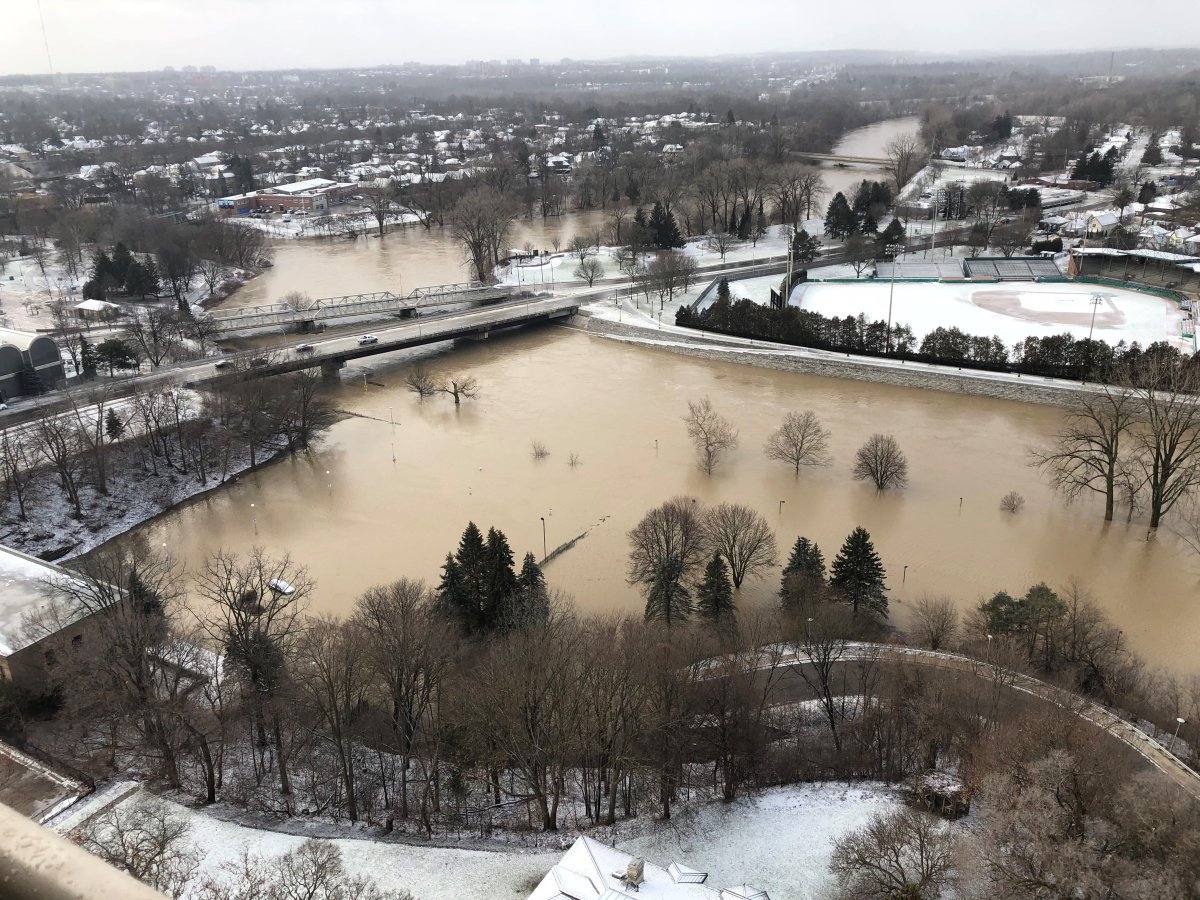An environmental services engineer with the City of London says he understands concerns about raw sewage ending up in the Thames River and work is underway to address the issue.

Kirby Oudekerk spoke on The Craig Needles Show on Global News Radio 980 CFPL on Tuesday, roughly a week and a half after record-breaking rainfall resulted in about 68 million litres of sewage being diverted to the river.
“The biggest challenge is not so much with the rainwater itself, it’s more about the intensity,” Oudekerk explained.
“It’s when the water comes down, or the rain comes down, so quickly our pipes can’t handle it, our pumping stations struggle to handle it, and then our plants are forced to handle it but we have different strategies to deal with that while protecting our treatment processes.”
Oudekerk also clarified that the solution isn’t simply to design a larger system.

Get breaking National news
“If you size something to handle the maximum flows then they’re not properly sized to do the things you need to do 99 per cent of the time.”
While London’s drinking water comes from the Lake Huron and Elgin Area water systems, Oneida Nation of the Thames First Nation’s water supply comes from the Thames. A boil water advisory has been in place there since late 2019 and Chief Jessica Hill previously told Global News Radio 980 CFPL that the advisory should have been in place since 2006.
Mitigating the problems caused by river overflow is an issue that is on the agenda at London City Hall, with Oudekerk pointing to items in the strategic plan and multi-year budget as well as sewer separation projects.
“And we recently completed a $40-million upgrade here at Greenway, which is the city’s largest plant specifically with the goal in mind of reducing those bypasses that go to the river and also implementing new strategies to provide some treatment to those flows that we do have to bypass to the river,” he said.
“We are working very hard at this and all of the information related to bypasses is passed on to the ministry and downstream First Nations and it’s available publicly. We’re undertaking a master plan right now to try to look at handling growth and future strategies for bettering our performance. And we want people’s feedback so any time they want to reach out I would welcome that.”












Comments